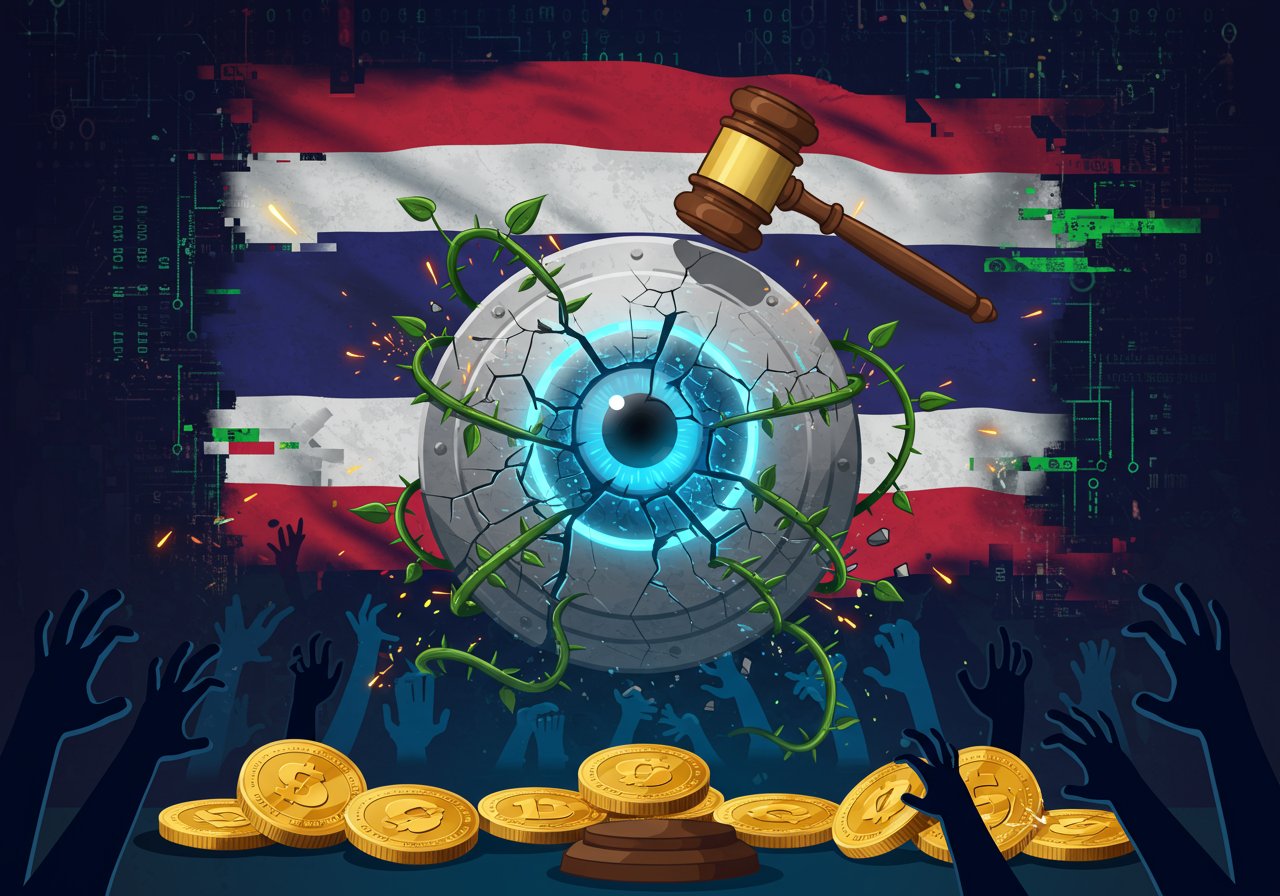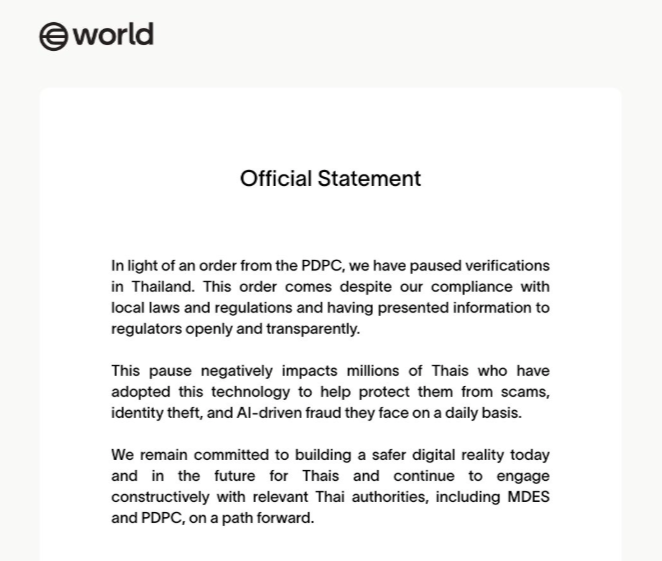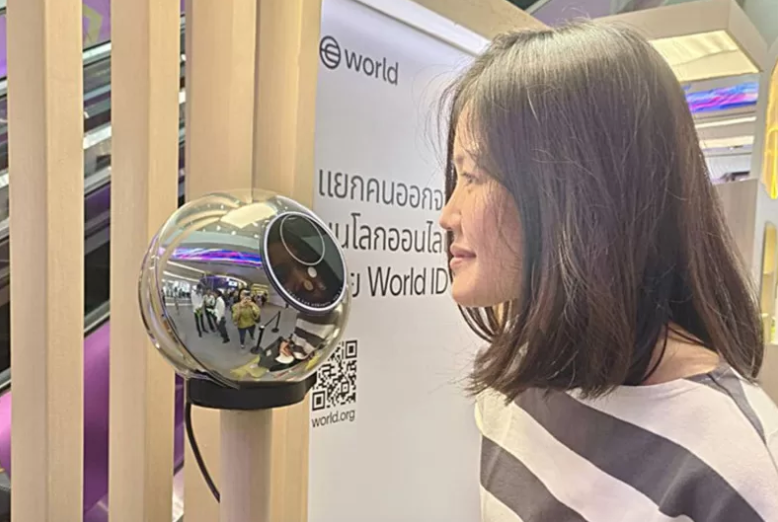
Thailand Closes In on Worldcoin: Data Privacy Concerns Mount
The burgeoning digital identity project Worldcoin, spearheaded by Sam Altman‘s Tools for Humanity, has hit a significant roadblock in Thailand. The nation’s authorities have issued a stark directive: delete all 1.2 million iris scans collected from local users and suspend operations. This move underscores growing global concerns surrounding biometric data privacy within the cryptocurrency space and raises critical questions about Worldcoin‘s long-term viability.

The Core of the Conflict: Data Protection Violations
The crux of the matter lies in Thailand‘s Personal Data Protection Act (PDPA). The government contends that Worldcoin‘s practice of collecting iris scans in exchange for its native token, WLD, is in direct violation of this law. The PDPA governs how personal data is gathered, used, and disclosed, and the authorities believe Worldcoin‘s operations haven’t adhered to these crucial regulations. This isn’t the first brush with regulatory scrutiny for Worldcoin; it has faced similar challenges in countries like Indonesia, Germany, Kenya, and Brazil.
A Timeline of Troubles: From Raids to Suspension
The situation in Thailand escalated rapidly. Following a raid on one of Worldcoin‘s iris scanning locations in October, amidst allegations of digital asset law violations, the Economic and Social Development Board, Thailand‘s strategic planning agency, took decisive action. Worldcoin, represented locally by TIDC Worldverse, has paused its verification services, removing Thailand from the list of countries with Orb locations.
Worldcoin‘s Response: Compliance and Commitment
Worldcoin, however, maintains it is in compliance with local regulations. In a statement, the company expressed disappointment, emphasizing their commitment to building a safer digital reality for Thais and their willingness to constructively engage with Thai authorities. Despite halting operations, they highlight the potential negative impact on millions of users who adopted their digital identity technology, claiming it aids in protection from scams, identity theft, and AI-driven fraud. They emphasized that the Orb doesn’t store the iris scan images directly, opting instead for a unique, anonymized code.
WLD‘s Price Dip: Market Reaction to Regulatory Pressure
The news has predictably affected the market. Worldcoin‘s native token, WLD, has seen a price decline, reflecting investor uncertainty and a potential loss of confidence. WLD is down over 70% in the last year, according to data from CoinGecko, highlighting the volatility and risks associated with projects navigating regulatory challenges. The suspension in Thailand is a significant setback, raising concerns about Worldcoin‘s ambitious global rollout and its ability to gain user trust.
Looking Ahead: The Future of Biometric Identification in Crypto
This situation in Thailand serves as a cautionary tale for the broader cryptocurrency landscape. As digital identity projects increasingly rely on biometric data, they must prioritize stringent data protection measures and transparency. The case of Worldcoin underlines the necessity of navigating complex regulatory frameworks and building trust with both users and regulators to ensure the sustainable growth of this innovative technology. Further developments in the investigation will be closely watched, as the outcome could have far-reaching implications for similar projects globally.



